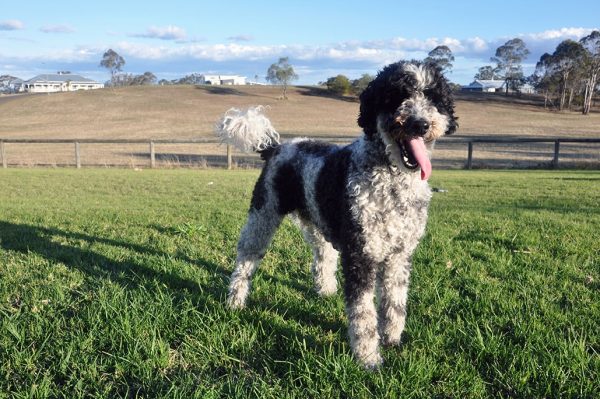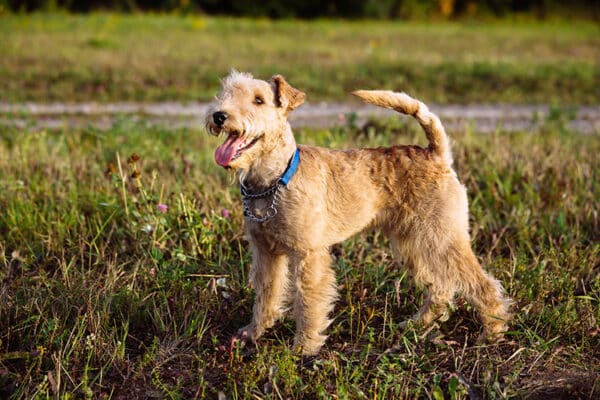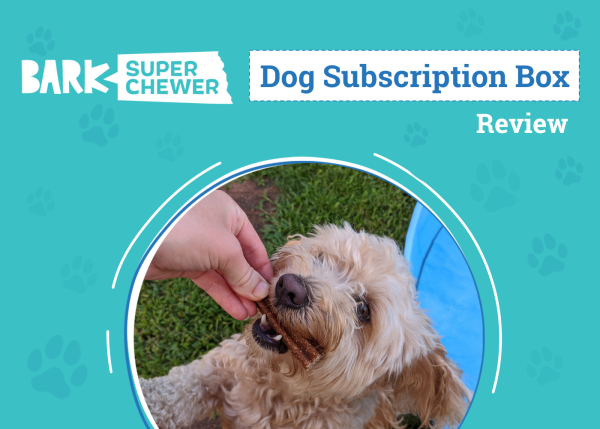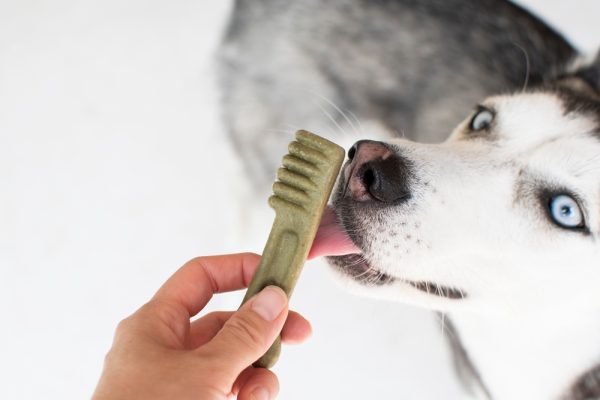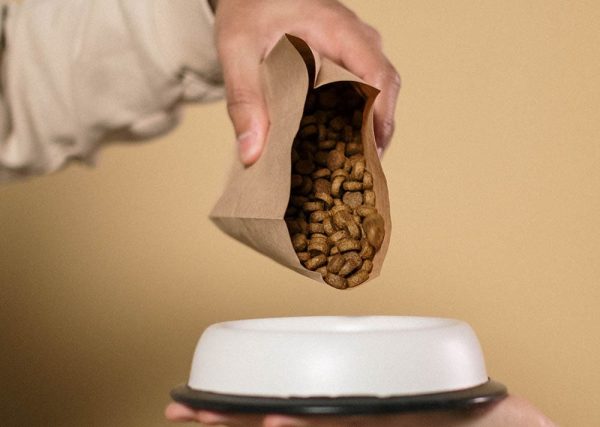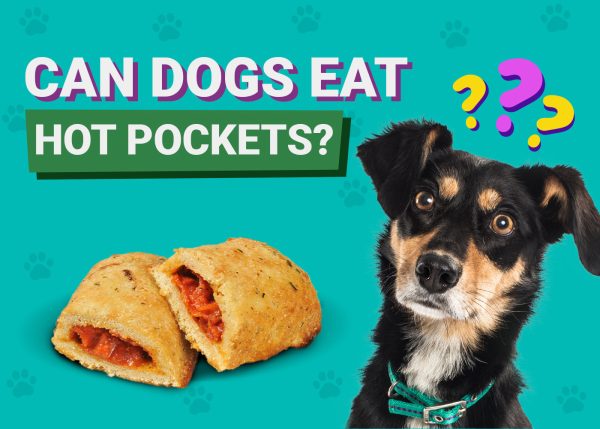In this article
View 2 More +Most of us know the impact food has on our mood. Give us a filling meal, and the healthy rush of feel-good hormones can carry us through the rest of the night. But keep us from indulging when we’re feeling peckish, and you’ll see just how hangry we can get.
While we can’t ever know what dogs are feeling, they can certainly get hungry, and hungry dogs certainly show some behavioral changes. You may have noticed that your dog’s need to eat mutates into impatient whining, nudging, and pacing. Take that to the next step, and you have a dog that resource-guards their food. So, for the purposes of this article, let’s call this “hanger”. Agitated hunger is uncomfortable for everyone, but fortunately, there are plenty of ways to help your pet overcome it. Let’s explore what you can do to make them relax.

Why Do Dogs Get Hangry?
Like humans, dogs might feel negative emotions more intensely when hungry. Some factors that affect your dog’s hunger are out of your control, like health and breed-specific traits. But when a dog gets “hangry,” the reason is usually something you can change.
1. You’re Not Feeding Them Enough
The simplest explanation for your dog’s blatant frustration over wanting to eat is that you aren’t giving them enough food. You might see this with a growing puppy if you underestimate their dietary needs or switch your dog to a new food, thinking it has the same nutritional value as their last food.
Always follow the feeding guidelines on your dog’s food to start with, then make changes based on their body condition, level of exercise, and what treats they get. Discuss your pet’s unique nutritional needs and lifestyle with a vet. Tracking your dog’s weight when making dietary adjustments and monitoring their body condition score will help them stay well-fed without risking obesity.
If you need to speak with a vet but can't get to one, head over to PangoVet. It's our online service where you can talk to a vet online and get the personalized advice you need for your pet — all at an affordable price!

2. You’re Encouraging Hangry Behaviors
How do you respond to your dog’s complaining and pawing when they’re hangry? Even if you’re annoyed, you may get up and give your dog exactly what they want to get them off your back. In this instance, you’re reinforcing their behavior and only encouraging more in the future.
Dogs are always learning, whether we realize it or not. When we create consistent associations for them, they make experience-based decisions that will be more likely to lead to positive outcomes.
They sit when we say “sit” because they know they’ll get rewards and beg and bark when they’re hungry because you have shown them it’s a quick, easy way to make you fill their food dish.
3. They Have an Underlying Medical or Behavioral Issue
If nothing else has changed, your dog’s constant hunger may be due to an underlying illness. You can follow up with your vet to check for conditions like hypothyroidism, diabetes, Cushing’s disease, parasites, or cancer.
Excessive appetite, with or without added weight gain, often indicates a health issue, as can accompanying signs such as GI upset, abnormal hair loss, and increased thirst.
4. Your Dog Feels Stressed
We tend to think of “hanger” as a single cause-effect model where our appetite causes us to feel agitated. But it may work the other way, too. Many of us have experienced stress-eating as a coping mechanism, and studies suggest dogs may exhibit similar behaviors.
Uncertain, threatening, or otherwise anxiety-inducing situations cause the release of cortisol, a steroid hormone that helps animals adapt to stress. While dogs often show appetite decreases under stress, cortisol can also increase hunger, making some pets want to eat more. Cortisol levels reduce after eating in dogs with separation anxiety, providing some evidence of the stress-relieving effects of eating in dogs.


How to Manage a Hangry Dog
Considering the first three reasons your dog gets hangry, some of the most logical solutions are:
- Check your dog’s daily food requirements and adjust as needed
- Ignore your dog when they beg for food
- Take them to the vet if they’re showing signs of a medical issue
If your dog is behaving a certain way due to stress, thoughtful adjustments to the environment or routine can help them relax and find satisfaction in other outlets. Consider what might be causing their stress (e.g., separation anxiety, boredom) and whether you’re giving them enough attention.
Generally, a dependable, workable routine of quality exercise, training, enrichment, and alone time can help your dog avoid many stressors, maintain a healthy weight, and avoid becoming overly hungry.

Tips for Helping Your Hangry Dog
Even if they’re healthy and stress-free, some dogs can’t get over being hangry. Here are a few tips to keep your dog satisfied without rewarding their appetite-induced agitation:
- Feed your dog more meals in smaller portions during the day
- Try distracting your dog with play if they start begging for food
- Train your dog for a few minutes when they act hangry, using their hunger as motivation
- Top your dog’s meals with vegetables like carrots, celery, and green beans to add bulk without adding too many calories
- Use a slow-feeder dog bowl to help your dog eat at a healthier pace and feel fuller longer

Final Thoughts
It’s possible that dogs get hangry like any of us, but while we shouldn’t reward it, we must acknowledge it. Our pets rely on us for everything, from the activities they enjoy to the food they eat, so those emotions surrounding eating are often in our control. Consider these essential reasons your dog might be feeling hangry, and take the appropriate steps to keep your dog satisfied and well-behaved.
Featured Image Credit: Kuricheva Ekaterina, Shutterstock



